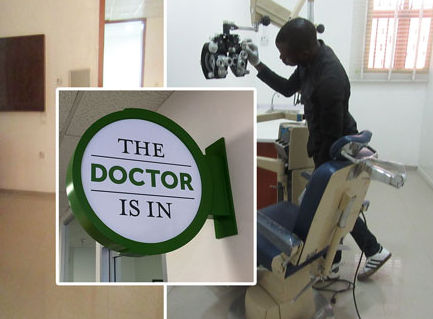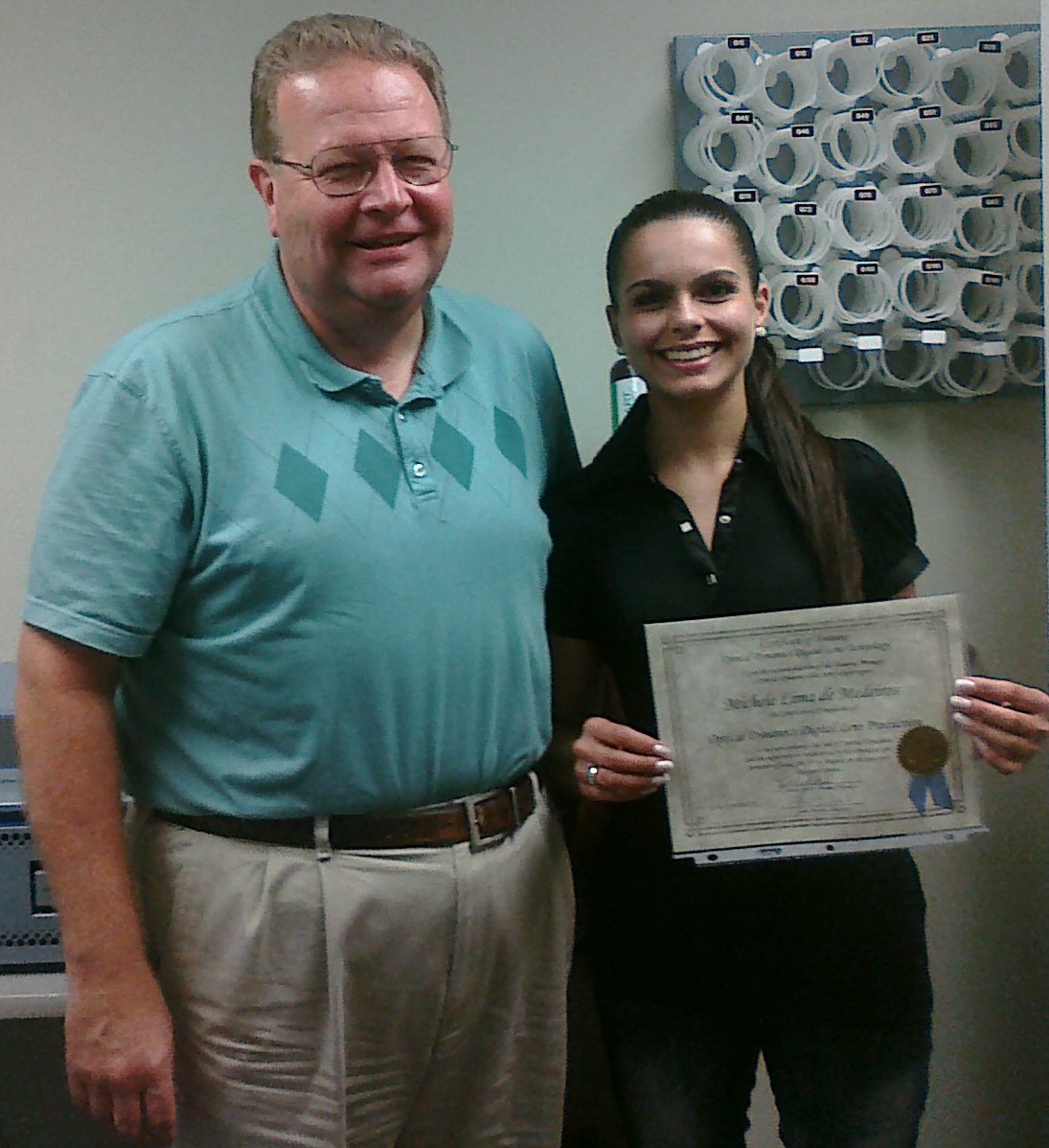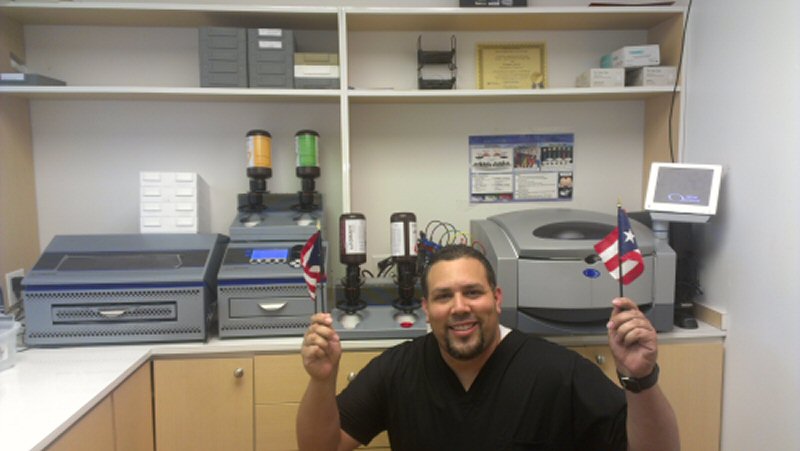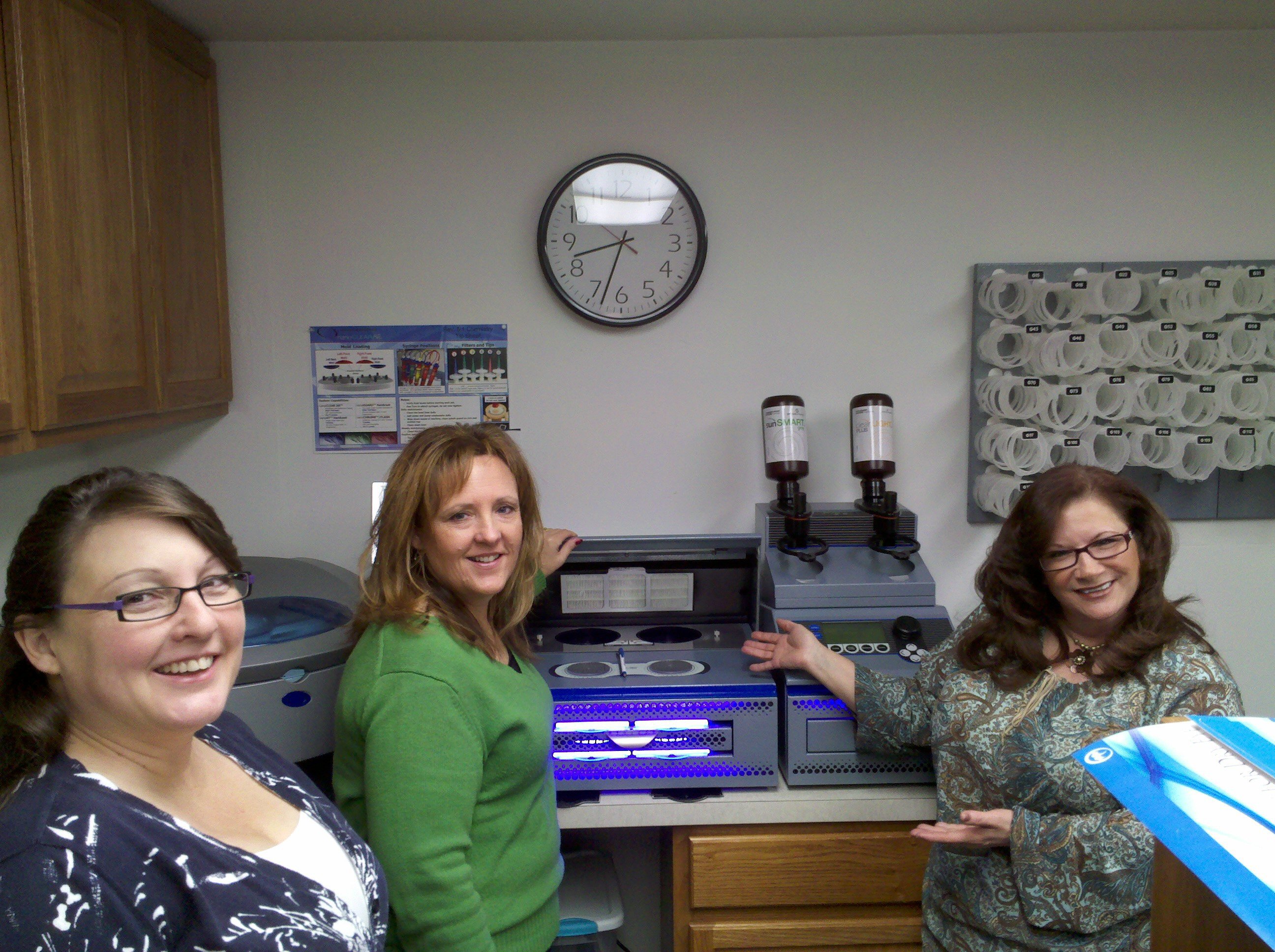Vision Monday By Staff
 FRANKFORT, Ky.—Legislation governing telehealth and online eye tests in Kentucky that had been debated by proponents and opponents of the tests has been signed into law by Governor Matt Bevin, and both sides are claiming victory. The new law, House Bill 191, known as the Consumer Protection in Eye Care Act, was passed both the Kentucky House and Senate with widespread, bipartisan support. It allows for online eye tests, but requires patients to be at least 18 to use technology. It also requires all diagnostic information and data to be reviewed by a Kentucky licensed optometrist, osteopath, or physician.
FRANKFORT, Ky.—Legislation governing telehealth and online eye tests in Kentucky that had been debated by proponents and opponents of the tests has been signed into law by Governor Matt Bevin, and both sides are claiming victory. The new law, House Bill 191, known as the Consumer Protection in Eye Care Act, was passed both the Kentucky House and Senate with widespread, bipartisan support. It allows for online eye tests, but requires patients to be at least 18 to use technology. It also requires all diagnostic information and data to be reviewed by a Kentucky licensed optometrist, osteopath, or physician.
Additionally, patients cannot use an online exam for their initial contact lens prescription, or the first renewal of their contact lens prescription, and must be seen for a complete in-person eye examination at least every 24 months to be eligible to use the technology.
“House Bill 191, or the Consumer Protection in Eye Care Act, creates reasonable consumer protection standards for Kentucky consumers,” said Ben Gaddie, OD, past president and current legislative liaison for the Kentucky Optometric Association, told VMAIL. “The legislation addresses online technologies for eyecare, such as those web applications which provide prescriptions for contact lenses or glasses. These technologies may still be utilized in Kentucky, but the legislation establishes safeguards for its appropriate use.
“Some of these safeguards include a minimum age of 18 to use the technology, a prior in-person eye examination within the previous 24 months, the same standard of care is applied as when conducted in an in-person visit, and the technology cannot be utilized for an initial contact lens prescription. Kentucky consumers still have the freedom to choose where they purchase contacts or glasses, but will now also have the same consumer protections as if they were seen for an in-person exam. These safeguards ensure that patients will still get the appropriate level of needed care from their local eye doctor, which also still providing accessibility to appropriate telehealth services,” Gadie said.
The American Optometric Association also praised the new law. “This is a turning point victory for higher standards, greater accountability and improved outcomes in health care,” an AOA spokesperson told VMAIL. “Governor Bevin and legislators from across the commonwealth have acted decisively to put health quality, safety and access to proven new technologies first while keeping the doctor-patient relationship at the center of health care decision-making. American Optometric Association doctors applaud Kentucky’s bold leadership and its powerful message to unscrupulous companies that undermine patient health to keep out of the Bluegrass State.”
“This was a huge victory for us. HB 191 was an attempt by the Kentucky Optometry Association to shut down Opternative. We are grateful that the Kentucky Senate added our amendment to allow for our platform to continue operating in Kentucky,” said Pete Horkan, a spokesman for Opternative.
 Optical Dynamics is happy to welcome ROA Specialist Hospital to the user family. Located in Lagos, Nigeria, ROA has evolved from an out-patient mission hospital to a full-service and well equipped medical complex. First came the outpatient surgery center and clinic; which now boasts 5 operating theaters and 7 consultation rooms. A 24 bed inpatient facility quickly followed with the addition of a dental clinic and an optical clinic in 2016.
Optical Dynamics is happy to welcome ROA Specialist Hospital to the user family. Located in Lagos, Nigeria, ROA has evolved from an out-patient mission hospital to a full-service and well equipped medical complex. First came the outpatient surgery center and clinic; which now boasts 5 operating theaters and 7 consultation rooms. A 24 bed inpatient facility quickly followed with the addition of a dental clinic and an optical clinic in 2016. The ROA Eye Center is one of Nigeria’s newest Ophthalmology/Optometry practices. At The Eye Center, they pride themselves in providing quality eye care for the whole family in a professional, friendly environment. Their doctors and Optometrists provide routine eye exams and specialize in the treatment of Cataracts, Glaucoma, Diabetic Retinopathy as well as elective refractive and cosmetic surgery. The optical lab boasts a full array of lab services, including lenses produced with the Q-2100 Digital Lens System with nanoCLEAR AR. For the convenience of their patients, they have an American Standard state-of-the art facility and have flexible evening and weekend hours as well as fully stocked optical and up-coming contact lens departments.
The ROA Eye Center is one of Nigeria’s newest Ophthalmology/Optometry practices. At The Eye Center, they pride themselves in providing quality eye care for the whole family in a professional, friendly environment. Their doctors and Optometrists provide routine eye exams and specialize in the treatment of Cataracts, Glaucoma, Diabetic Retinopathy as well as elective refractive and cosmetic surgery. The optical lab boasts a full array of lab services, including lenses produced with the Q-2100 Digital Lens System with nanoCLEAR AR. For the convenience of their patients, they have an American Standard state-of-the art facility and have flexible evening and weekend hours as well as fully stocked optical and up-coming contact lens departments.




 FRANKFORT, Ky.—Legislation governing telehealth and online eye tests in Kentucky that had been debated by proponents and opponents of the tests has been signed into law by Governor Matt Bevin, and both sides are claiming victory. The new law, House Bill 191, known as the
FRANKFORT, Ky.—Legislation governing telehealth and online eye tests in Kentucky that had been debated by proponents and opponents of the tests has been signed into law by Governor Matt Bevin, and both sides are claiming victory. The new law, House Bill 191, known as the 
